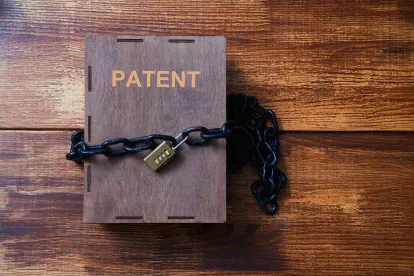In In re Bd. of Trs. of the Leland Stanford Junior Univ., No. 2020-1012 (Fed. Cir. Mar. 11, 2021), the Federal Circuit affirmed the PTAB’s rejection of a patent application under 35 U.S.C. § 101, holding that it claimed a patent-ineligible mental process combined with mathematical algorithms.
The application claims a method for resolving haplotype phase for determining the parents from which genes are inherited. The USPTO rejected the claims, finding that the recited steps of “receiving” data and “determining,” “storing,” and “providing” information constituted a mental process that could be performed within the human mind, together with mathematical algorithms. The first claim also recited a “computer system comprising a processor and a memory” in each step of the method. The USPTO noted that the claims recited only generic computer components insufficient to make the claims patent eligible. On appeal, the PTAB affirmed.
The Federal Circuit affirmed, stating the claims were merely a mathematical algorithm and did not provide a concrete application for the haplotype data. The Federal Circuit noted the absence of a specialized computer or components and held that an improvement in the process of resolving haplotype phase does not “transform[] the claims into a patent eligible application.”





 />i
/>i
